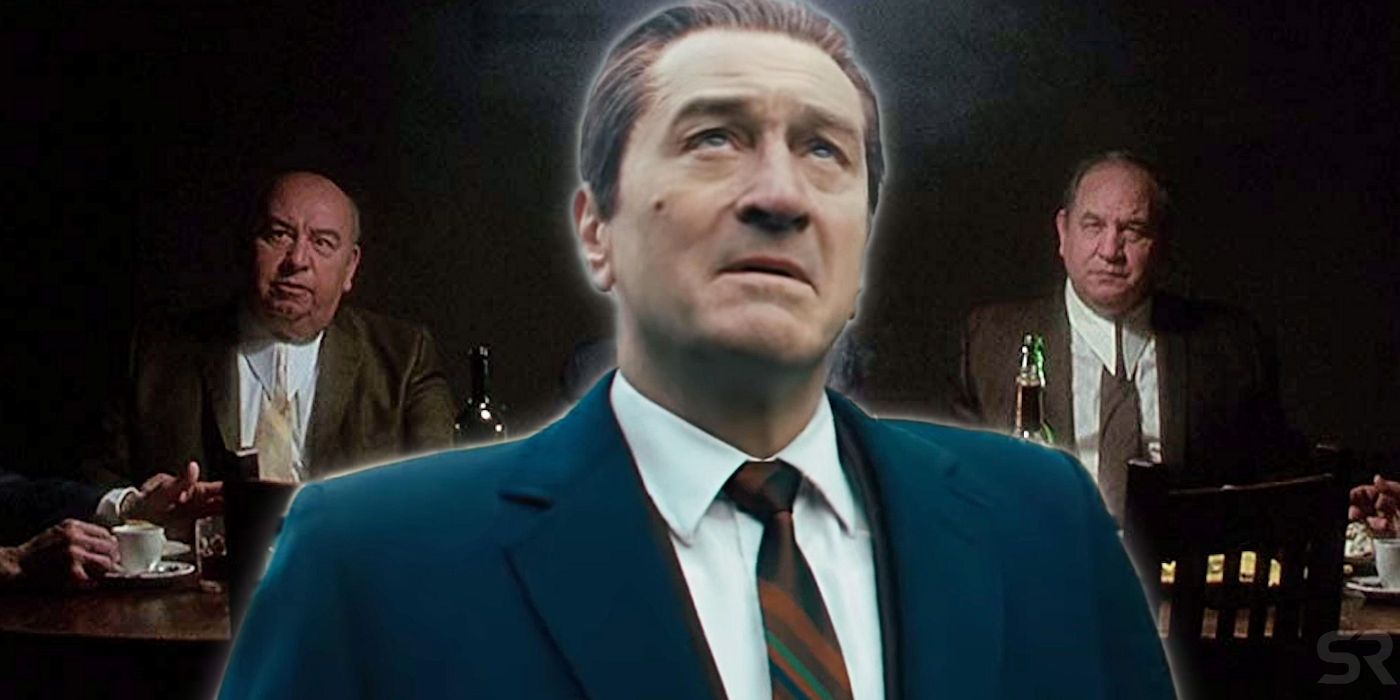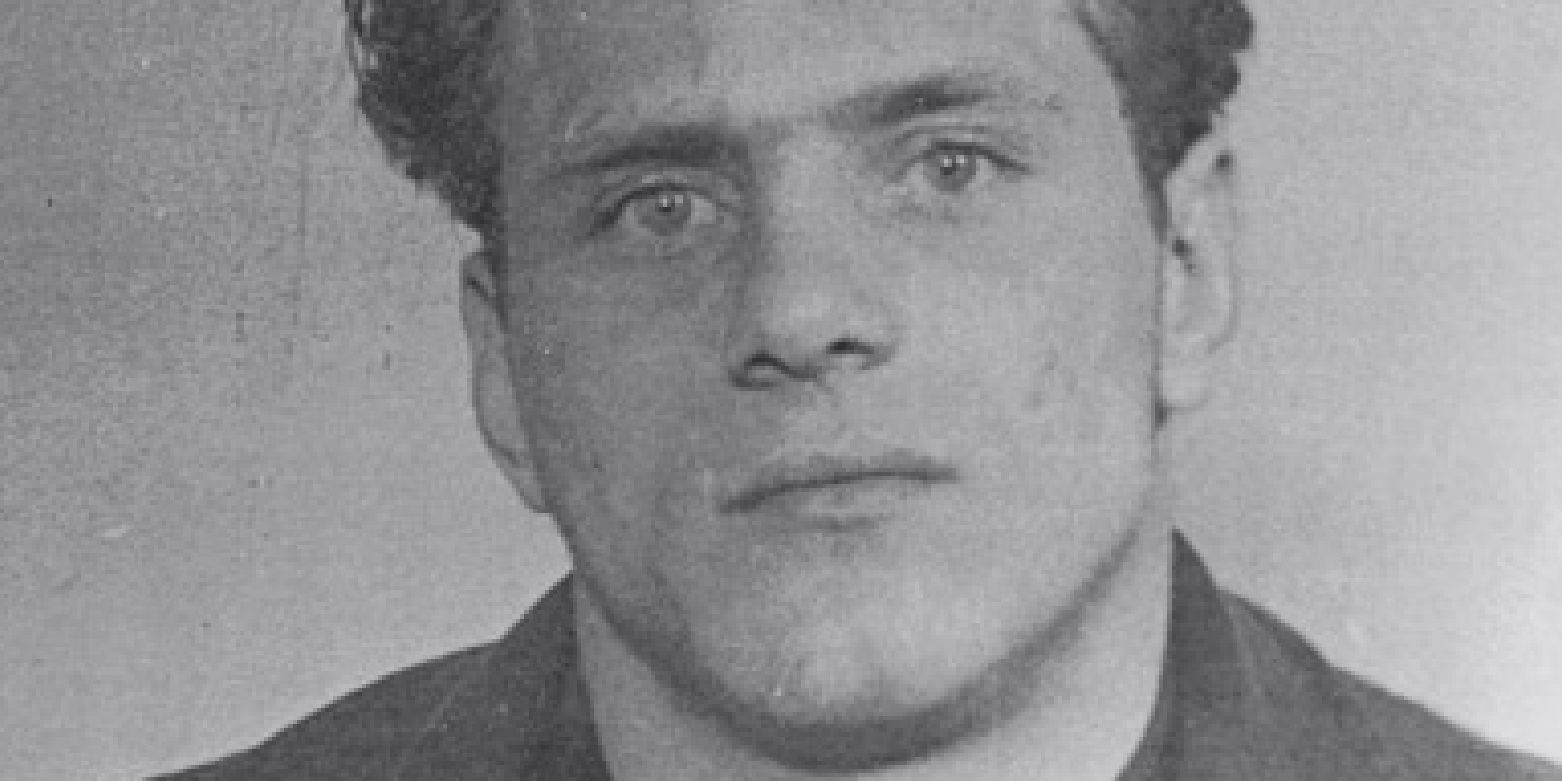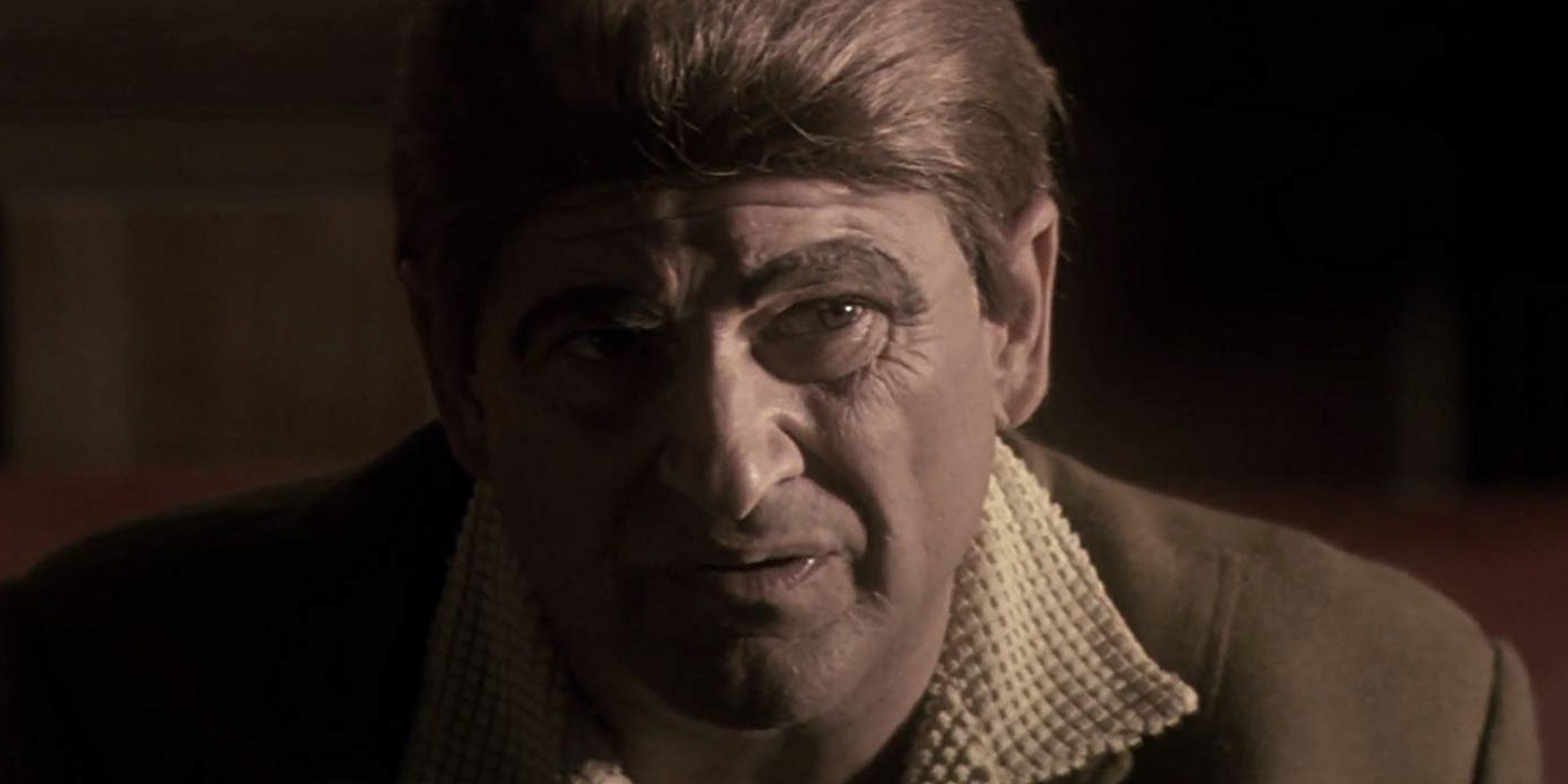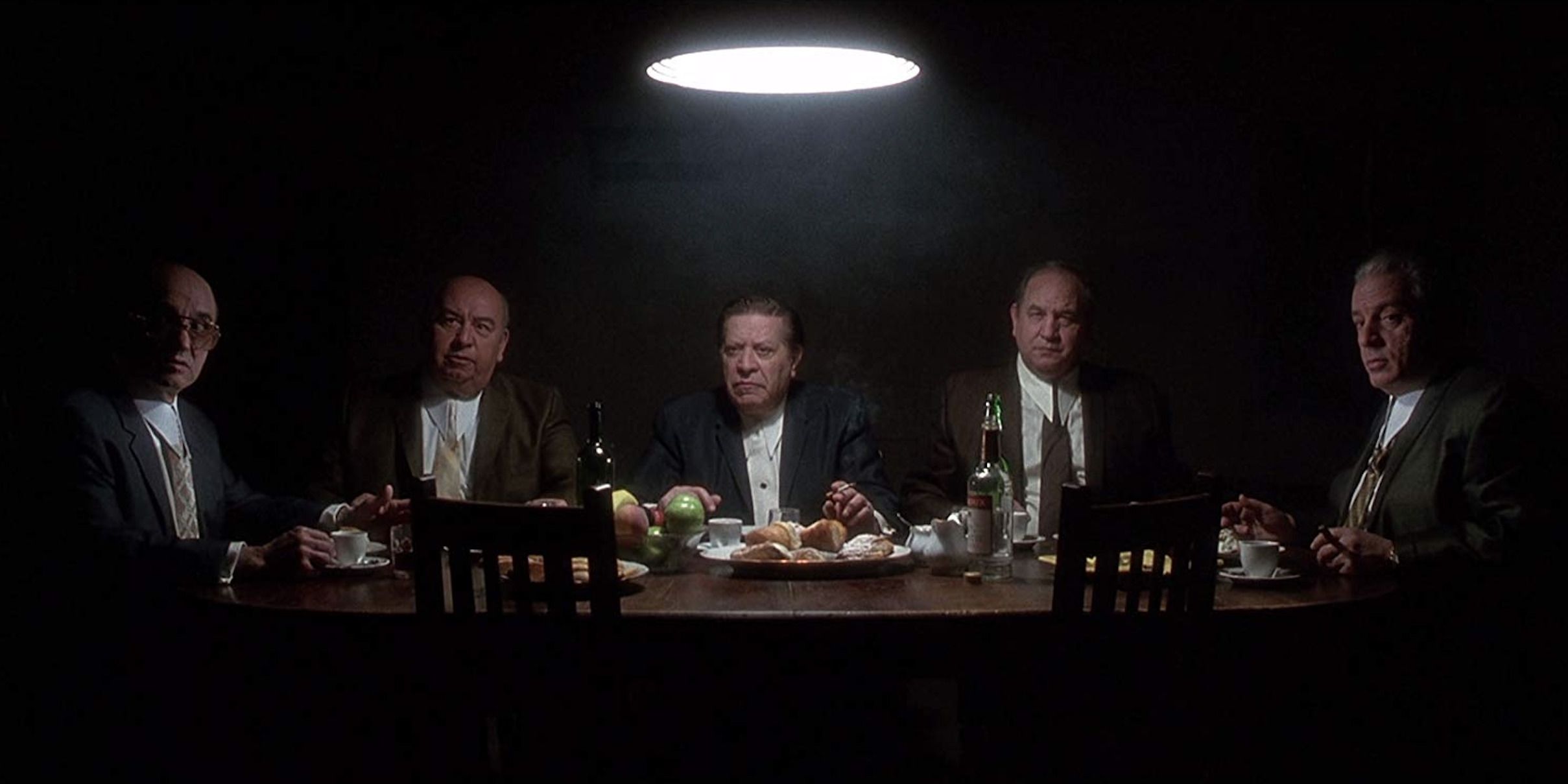WARNING: Spoilers for The Irishman.
Directed by Martin Scorsese, The Irishman links numerous mainstream crime dramas - including the director's own '90s classics Goodfellas and Casino, as well as Oliver Stone’s 1991 political thriller JFK - with its historical figures and conspiracy theory story. The Irishman’s story isn’t necessarily historically accurate; Scorsese and screenwriter Steven Zaillian adapted Charles Brandt's book I Heard You Paint Houses, a story about Frank Sheeran’s experiences with mafia figures, the International Brotherhood of Teamsters, and Jimmy Hoffa.
The Irishman takes place over the course of several decades, and details the events that led up to Hoffa’s infamous 1975 disappearance after a reported meeting with New York crime boss Anthony “Tony Pro” Provenzano and Detroit gangster Tony Giacolone. In I Heard You Paint Houses, Sheeran claims that he personally killed Hoffa, and also takes credit for a high-profile 1972 mob hit that was never officially solved. Scorsese’s source material was published in 2004, just months after Sheeran passed away at age 83.
With The Irishman, Scorsese presents an intriguing story that connects the mafia underworld with Teamsters corruption, and even John F. Kennedy's November 1962 assassination. But beyond the historical connections, there are a handful of references to other crime movies as well. Here’s how and why The Irishman cites the aforementioned ‘90s films.
The Irishman Has A Character Mentioned In Goodfellas
In both Goodfellas and Scorsese’s new film, Robert De Niro plays real life people who were both known as "The Irishman". Seconds before De Niro’s first appearance as Jimmy Conway (based on Jimmy Burke) in Goodfellas, Henry Hill (Ray Liotta) describes the changing of the times for mobsters during the early ‘60s, and states that it was “before Crazy Joe decided to take on a boss and start a war.” He’s referring to Joe Gallo, a power-hungry mobster who started a gang war with his own crew, the Profacis, before serving a decade in prison.
De Niro’s Sheeran kills Crazy Joe (Sebastian Maniscalco) in The Irishman. Midway through the film, an extended sequence depicts that paranoia that mobsters felt after Gallo was released from prison in 1971. Scorsese recreates the public shooting of mob boss Joe Columbo, a hit that was presumably ordered by Crazy Joe. Because Sheeran’s mob associate Russell Bufalino (Joe Pesci) wants to maintain power and control, he orders Gallo’s assassination and enlists Sheeran as the triggerman.
Joe Pesci's Character From JFK Is Mentioned
The Irishman includes a JFK subplot that Pesci’s Bufalino explains to De Niro’s Sheeran. Specifically, he states that Hoffa (Al Pacino) is “too emotional” and doesn’t “see the big picture.” In other words, Bufalino understands how the mob influences global politics, whereas Hoffa prioritizes how the mafia can influence American business. Prior to JFK’s 1963 assassination, Bufalino enlists Sheeran for a weapons delivery that will be used during the Bay of Pigs invasion - JFK’s failed attempt to end Fidel Castro’s Cuban revolution. And he’s specific about who exactly “The Irishman” will meet - one of those men is Pesci’s JFK character.
In JFK, Pesci portrays David Ferrie, a homosexual pilot with links to Kennedy’s alleged assassin, Lee Harvey Oswald. Early on, New Orleans District Attorney Jim Garrison (Kevin Costner) says “I know David… strange character.” Ferrie later meets with government officials after being blackmailed with sexually explicit photos, but he's mysteriously found dead in February 1967. In The Irishman, Pesci’s Bufalino sends Sheeran to Baltimore and says “A guy’s gonna meet you there. A faerie named Ferrie.” Louis Vanaria portrays Ferrie in The Irishman.
Casino Is About Teamster-Owned Casinos
The Irishman shows how mafia figures worked behind the scenes with Hoffa, and why exactly the Teamsters boss was murdered. In short, Hoffa was talking too much and beefing with Provenzano, so he was removed from the equation to maintain order. Pesci’s Bufalino is symbolic of old school gangsters who lived a luxurious lifestyle but didn't speak publicly about certain individuals. Hoffa became a problem for being too loud.
In Casino, Pesci’s Nicky Santoro is the exact opposite of his Bufalino character in The Irishman. He’s originally sent to Las Vegas to assist Sam “Ace” Rothstein (De Niro), who oversees Teamsters-owned casinos. During the first 10 minutes, Rothstein explains (through voiceover narration) how the head of the Teamster Pension Fund actually has little power - he’s the “perfect frontman” for mobsters who truly control Las Vegas. In this case, mob bosses assemble at San Marino Italian Grocery in Kansas City to keep a safe distance, and to discuss business operations. Like The Irishman’s Bufalino, Casino’s Rothstein operates as quietly as possible. And like The Irishman's Hoffa, Casino's Santoro causes so much trouble that he’s ultimately murdered, mainly because he’s disrupting the criminal underworld's long-term business goals.




